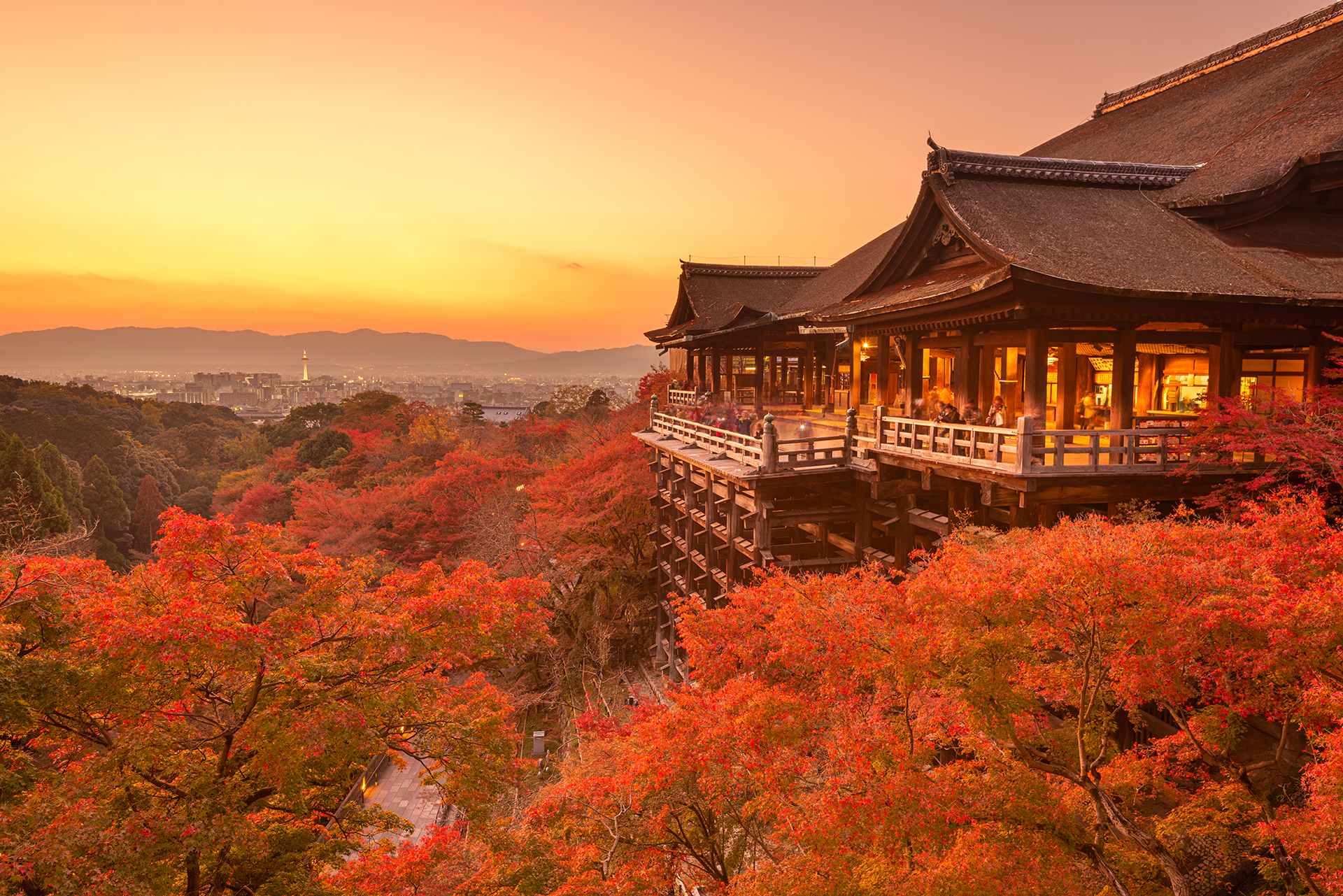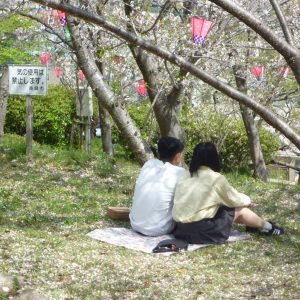Introduction
Have you ever wondered if it’s possible to explore Japan’s beautiful cities and countryside even if you only speak English? Here we share how to make the most of your holidays to Japan, without speaking Japanese.
Safe and Welcoming Country
Japan is a generally safe and welcoming country for tourists. The tourist hotspots like Tokyo and Kyoto have easy signage in both English and Japanese, as well as modern public transport to connect you to all your essential amenities such as hotels and restaurants. This is ideal for English travellers over 50 as you can easily navigate these bustling cities.
Travelling Around
Are you planning to travel to remote or rural areas? Learning a few essential Japanese phrases such as “hello” (Konnichiwa), “thank you” (Arigato) and “excuse me” (Sumimasen) can help you get even further. Or a good translator app can help you converse with locals: iTranslate and PapaGo use words, speech and photos to help you communicate with others. Or Japanese Translator Offline is a word translator that can be used off-grid, especially useful for those venturing off the beaten path.
Japan’s state-of-the-art public transport is well-structured and efficient, making it relatively easy to navigate tourist areas. It also features English signage and English Language options on ticket machines.
There are a myriad of tourist attractions such as the Tokyo National Museum and Kiyomizu Temple in Kyoto that will have English signage, subtitles and translations to accommodate English-speaking tourists.
Dining Out
Japanese food has become quite a phenomenon in recent years. It has been spreading throughout the world with the help of chain restaurants and many staple Japanese foods like Sushi, Ramen or Yakitori (barbecue chicken kebabs) are easily recognisable now. That isn’t to say that a whole menu written in Japanese food won’t still be daunting, but picking out those few words that you do know will really help you get that first grasp you need. To add to this some tourist restaurants may have pictures or models of the food they serve to help non-Japanese speakers make their choice. It’s also worth trying Japanese food that you haven’t heard of before, to really immerse yourself in the culture.
Hiring a Tour Guide
It is worth considering hiring a local guide who can show you around the area you plan on visiting. A guide can really highlight those hidden gems and overlooked spots as well as share their local knowledge, insights and anecdotes. This can lead you to unique experiences, which may be difficult to come by without the aid of someone who knows the area like the back of their hand.
Culture
It’s important to keep in mind that when visiting a foreign country, it is essential to respect the local culture, customs, traditions and people. This requires following the same basic rules as any country: not littering, being civil with those around you and respecting historical and religious sites. Taking some time to learn a little about the country can help you appreciate and understand the beauty of where you’re visiting.
Here are some facts to help you get started:
- Japan was once closed to the world for 217 years.
- Japan once had 5,000 castles.
- Japan’s first emperor, Jimmu Tenno, came to power in 660 B.C.
- Emperors then reigned until the 12th century when shoguns took control.
- In 1868 the shoguns were overthrown and the Emperor was reinstated which kickstarted a wave of change and modernisation in Japan.
Conclusion
Japan is a very welcoming and enjoyable country for tourists, whether you’re fluent in Japanese or not. Though the Japanese language may pose an obstacle, particularly if you’re venturing off the grid this guide should help you overcome it and give you a nudge in the right direction. Get on board and embrace a fantastic adventure to the land of the rising sun!
Thinking of travelling to Japan? Speak to Silver Travel Advisor who can create your perfect holiday, your way. Call 0800 412 5678.












